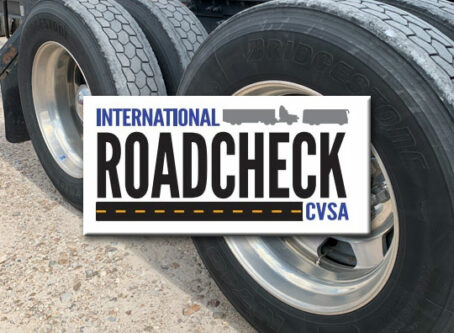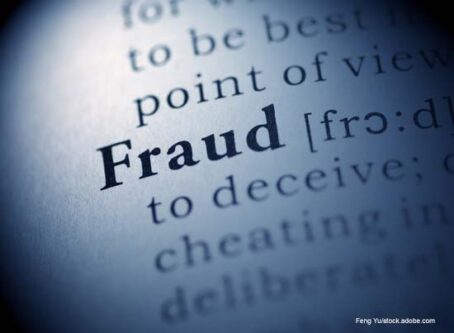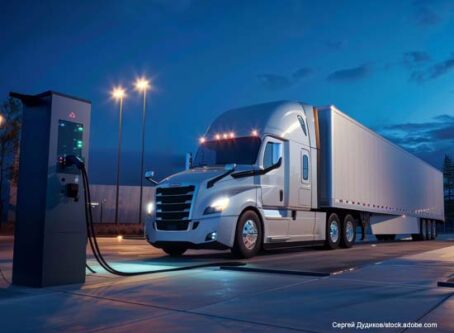California Trucking Association sues CARB over Advanced Clean Fleets regulation
The California Trucking Association has filed a federal lawsuit against the California Air Resources Board over its Advanced Clean Fleets regulation.
On Oct. 16, the California Truck Association filed the lawsuit in a California federal court, seeking to block enforcement of CARB’s Advanced Clean Fleets regulation. This regulation requires that 100% of manufacturers’ sales be zero-emission trucks by 2036. Drayage operations, government fleets and “high priority” fleets are affected by the regulation.
Advanced Clean Fleets
In April, CARB unanimously approved of a sweeping regulation regarding the phase-in of zero-emission trucks called Advanced Clean Fleets.
Although the Advanced Clean Fleets rule requires all truck sales to be of zero-emission vehicles by 2036, a phase-in timeline will be implemented.
For drayage trucks, the regulation will require companies to register “legacy” trucks at the end of this year. Beginning January 2024, newly added drayage trucks must be zero-emission. All drayage trucks must be zero-emission by January 2035.
The Advanced Clean Fleets regulations have a different timeline for high-priority fleets. These are defined as fleets with 50 or more vehicles, fleets with more than $50 million in annual revenue, federal government fleets or entities that hire or dispatch fleets. Registration of older trucks and rules about newly added vehicles have the same timeline as drayage trucks.
However, high-priority fleets need only to remove internal combustion engine trucks after their useful life, beginning in January 2025. CARB defines “minimum useful life” as fewer than 800,000 vehicle miles or 18 years from engine certification, but no less than 13 years.
Half of the purchases for state and local government fleets must be zero-emission trucks from 2024 to 2026. Starting January 2027, all purchases must be zero-emission trucks.
One provision within the Advanced Clean Fleets regulation, called the “optional zero-emission vehicle milestone phase-in,” will allow more time for trucks with sleeper cabs to comply.
For fleets with sleeper cabs, 10% of the fleet must be zero-emission trucks by 2030, 25% by 2033, 50% by 2036, 75% by 2039 and 100% by 2042.
California Trucking Association’s lawsuit
In its lawsuit, the California Trucking Association is claiming that the Advanced Clean Fleets regulation violates federal laws.
Specifically, the association claims that the Advanced Clean Fleets regulation is in conflict with the Federal Clean Air Act and the Federal Aviation Administration Authorization Act of 1994.
The Clean Air Act authorizes the U.S. Environmental Protection Agency to grant California a waiver of preemption only under certain circumstances for vehicle emission standards consistent with the act. CARB cannot enforce the Advanced Clean Fleets regulation until it has obtained a waiver but purports to begin implementing the regulation on Jan. 1, 2024. The lawsuit claims that the EPA cannot grant such a waiver because the Advanced Clean Fleets regulation does not meet the requirements.
The California Trucking Association is seeking preliminary and permanent injunctive relief from the federal court.
“(The California Trucking Association) and its members will suffer irreparable harm if CARB’s implementation and enforcement of (Advanced Clean Fleets) is not enjoined,” the lawsuit states. “The impact of (Advanced Clean Fleets) on the efficiency of the nation’s logistics system is significant, and the economic loss attributable to delays, equipment shortages, and interference with dispatching and the efficient allocation of freight vehicles is not capable of clear calculation. The threat of facing substantial and perpetually ongoing economic sanctions for noncompliance also threatens to cause (the California Trucking Association’s) members and other local and interstate commercial transportation and logistics operators doing business in California, together with their customers and the public-at-large, irreparable harm.” LL









